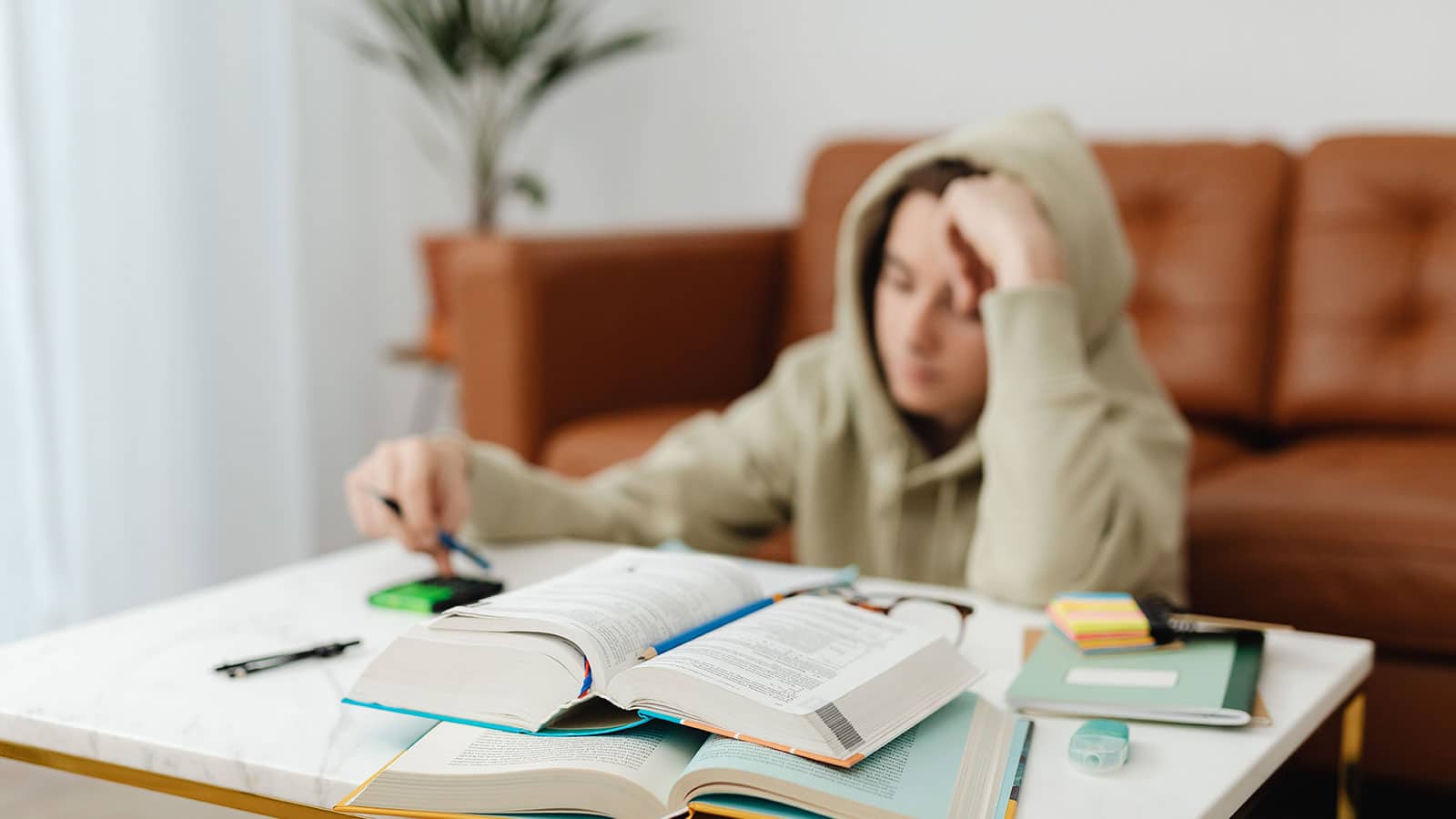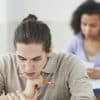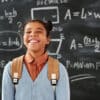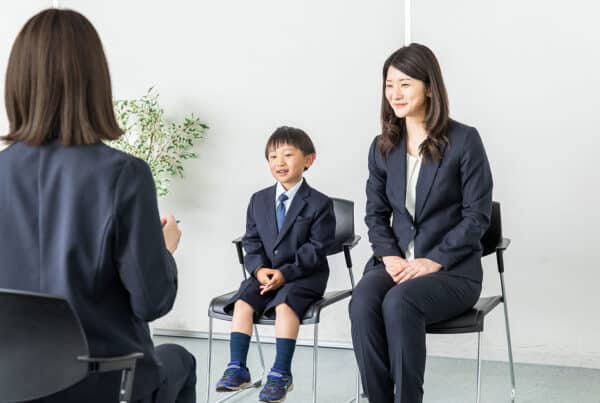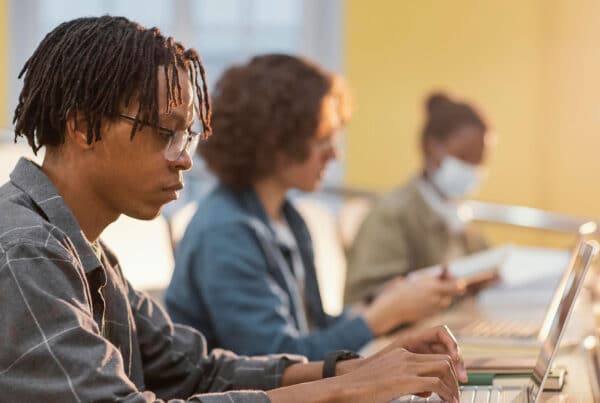Last Updated On: July 1st, 2024
While Covid-related school closures have, for the most part, finally ended, learning loss brought about by the disruption of the pandemic has unfortunately lingered. Various studies have found significant, lingering decreases in reading and math proficiency. Losses have been seen across the board, but are most prevalent in older students and less wealthy areas. Fortunately, there are ways we can help mitigate some of those losses both for parents and students individually, and as a matter of school policy decisions.
Causes of Learning Loss
While the root cause of learning loss for most students appears to be disruption brought about by the pandemic, the nature of these disruptions varied. Some students struggled staying focused or motivated during remote learning. Some may have had technical difficulties simply accessing remote learning, or been more likely to not attend remote school. Many students also had to miss class or isolate after either testing positive for Covid or simply having an exposure. Teachers missed time for similar reasons, further interrupting many students’ educations.
Students also experienced life events that may have impeded their learning. Many students experienced deaths or illnesses within their family, general anxiety, or financial insecurity due to the pandemic. Students facing financial issues or family trauma frequently are forced to miss school and may have trouble focusing in school when they are there. All of these factors combined to create troubling decreases in test scores across all age groups and in all subjects. Math and reading scores declined across the board and achievement gaps between students of disparate backgrounds widened.
Causes of Disparate results
As mentioned above, while scores declined almost everywhere, there were unfortunately especially large declines in achievement in lower income communities and areas that faced larger school closures. Gaps in scores between students of different socioeconomic backgrounds widened significantly. While the pandemic was difficult for all students, those whose parents had the resources to ensure adequate internet access to learn remotely, whose school districts were able to provide stronger support systems, and whose lives were less likely to be upended by personal tragedy during the pandemic, understandably did better than those who were less fortunate.
Dangers and impacts of learning loss
These facts are troubling because, while we still haven’t pinpointed all the best ways to ameliorate learning loss, we do know the consequences of it. Students who fall behind often struggle to catch up, and students who never achieve proficiency in reading or math early on are less likely to succeed later on. One study found that students who are not reading proficiently by 3rd grade dropout of high school at four times the rate of proficient readers. A common saying in education circles is that until 3rd grade students are ‘learning to read’, but after that students should be ‘reading to learn’. If a student never gets over the hump of achieving reading proficiency they will struggle to comprehend material in all their later courses. As students continue in their education they are given more and more information to take in, and most of it will be presented in the written word.
A similar dynamic takes place in mathematics. Students who never learn to perform arithmetic proficiently early on often struggle to demonstrate mastery of more advanced mathematical concepts, because they are lacking the skills that must undergird success in those areas. Geometry problems involving area and volume, or probability questions will be especially challenging for students not comfortable multiplying or, worse, lacking a firm conceptual understanding of just how multiplication works, to take just two examples.
Policy Implications of the Learning Loss Issue
It is important to note here that we are aware that the issue of school closures during the pandemic is both complex and contentious. While there is significant evidence that learning loss seems to stem from the pandemic, we do not wish to imply that schools were wrong to close or that specific policy decisions resulted in unnecessary learning loss. We do not have a counterfactual with which to compare our current results. Put another way, we do not know what would have happened with regard to learning loss had schools run a different way during the pandemic. Every educational decision during that period involved imperfect information and painful tradeoffs. Our focus here is not on the policy ramifications outside of our purview, but rather on the potential solutions we can suggest for parents and students.
Recovery: where it happened and where it didn’t
We know we’ve been a bit ‘doom and gloom’ here and we’re sorry, but there are some positives within this set of rather alarming news. Some groups have begun to recover from some of the losses they suffered during the pandemic. There have been significant learning gains among younger students. More students were at grade level this year than they were during either of the past two years of the pandemic. However, though those gains are encouraging, they still have not returned students to pre-pandemic levels of proficiency in math and reading. Additionally, those gains have primarily been focused on lower-level students, with middle and high school students not making nearly as much progress in eliminating learning loss.
While gaps between lower and upper socioeconomic status students predate the pandemic and are easy (although upsetting) to explain, this gap between the progress in younger and older students is new and the reasons behind it are not entirely clear. One possible reason is that older students faced more of the pandemic impacts than younger students, as they were more likely to miss school to work to support family members laid off during the pandemic, and more likely to catch severe cases of Covid and miss more school. Another possible explanation is that different types of material and school subjects are easier to catch up in than others. It appears it may take more concerted effort to remediate learning issues in older students or fill in gaps than it does for younger students.
What parents and students can do for themselves
While the broader societal implications of this learning loss are still being debated, and the educational policies that will be required to create solutions on a national level are beyond the remit of this blog post, we do have some recommendations for parents and students concerned about learning loss on an individual level. Our first and most pressing recommendation is to act early and assess any gaps. Some students may know where their deficits may lie. Students will be aware which classes they missed or which math concepts still confuse them on exams. However, many students may be unaware. We frequently saw students during the past few years who had done well in online learning situations, but then found they had gaps in their knowledge or learning deficits that only presented themselves when they returned to more rigorous in-person learning or took standardized tests. It is imperative that students and parents who are concerned that learning loss may have occurred be proactive and figure out where any deficits may lie. This may require reaching out to educators, finding diagnostic testing, or having a look at state educational benchmarks for their grade level and making sure they meet them.
Whatever your potential remedy is for learning loss, acting early to fix the problem will help prevent more significant educational impacts. Most academic subjects are cumulative and build progressively on older material, so any gaps from earlier grades will likely become problems later on. Once you’ve identified areas in need of review or support, don’t be afraid to reach out for help. This may mean asking a teacher for extra review materials for the summer, getting help from an older sibling, or even seeking out a tutor. We also recommend looking through your old course materials from any periods where you feel you may have missed something in order to pinpoint areas in need of review. With concerted effort and some strategic planning, we have seen remarkable gains in students who were motivated to improve and make up gaps.
Photo by Karolina Grabowska


